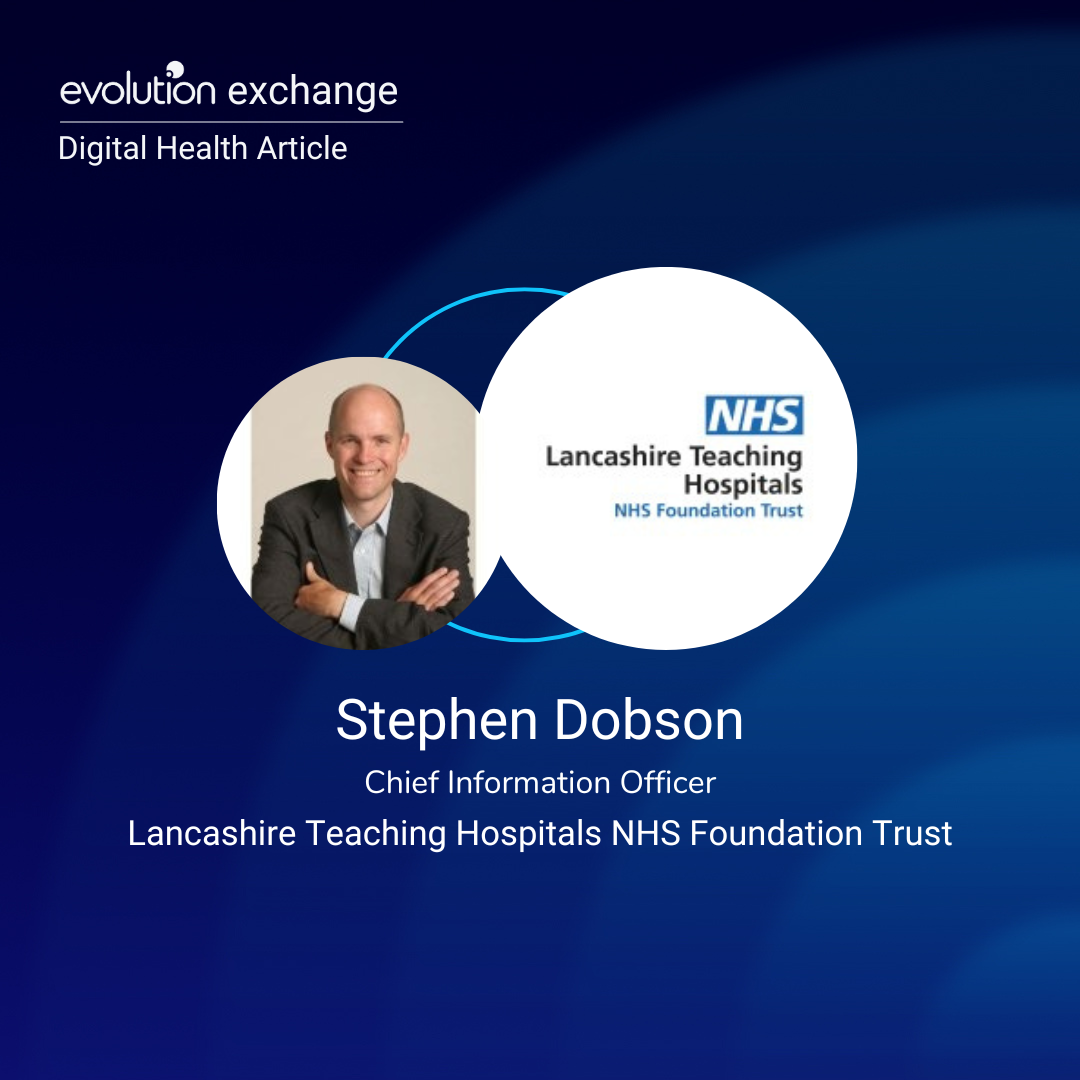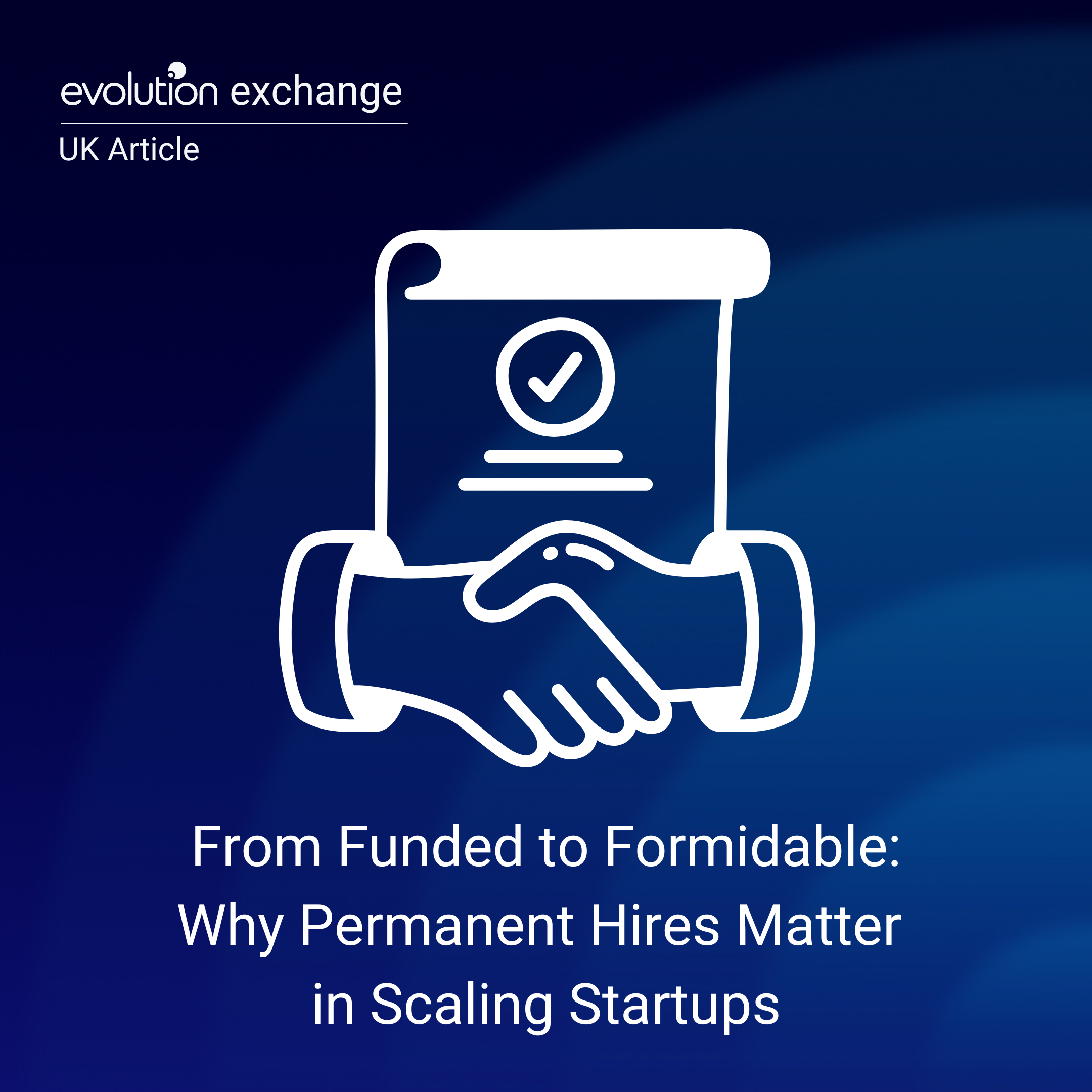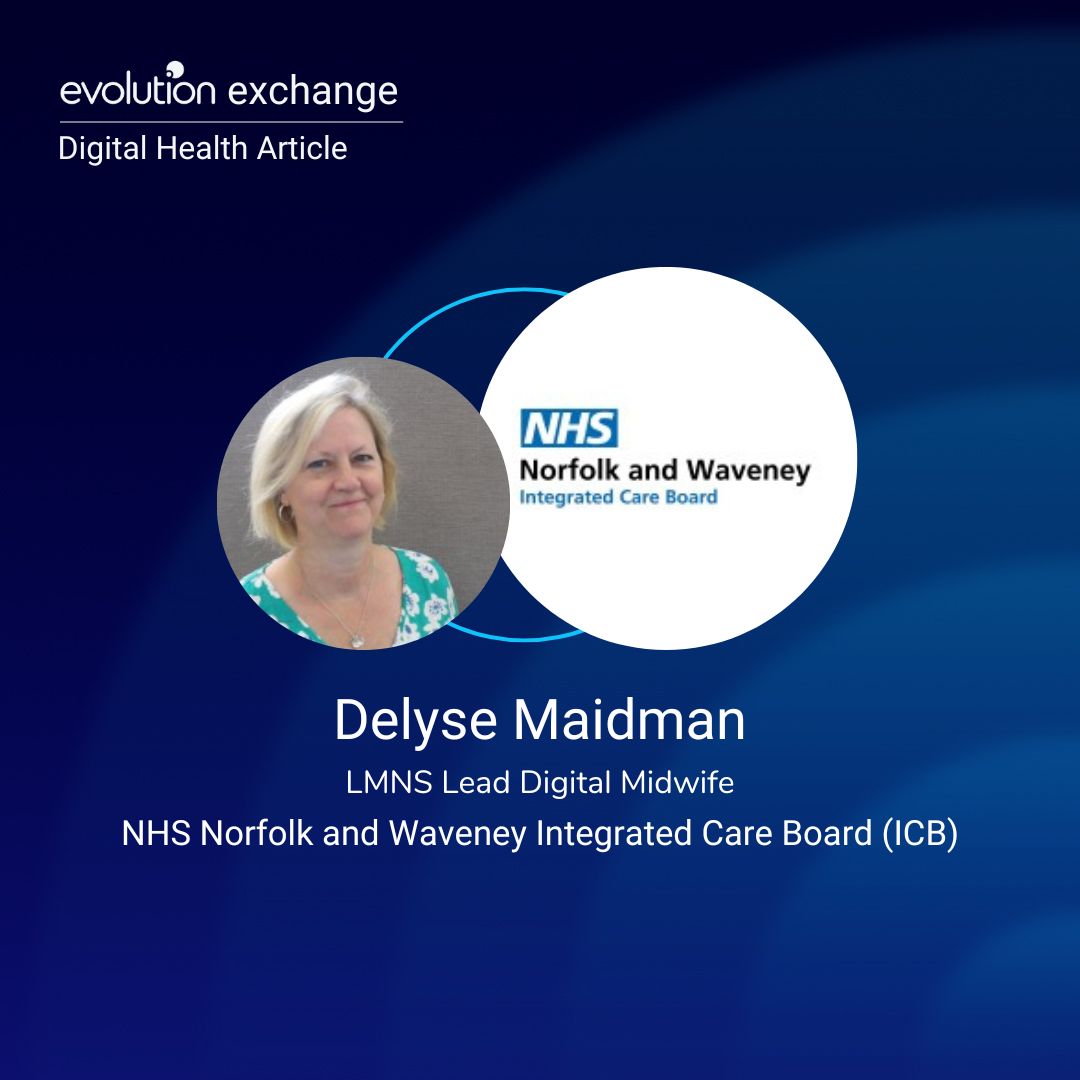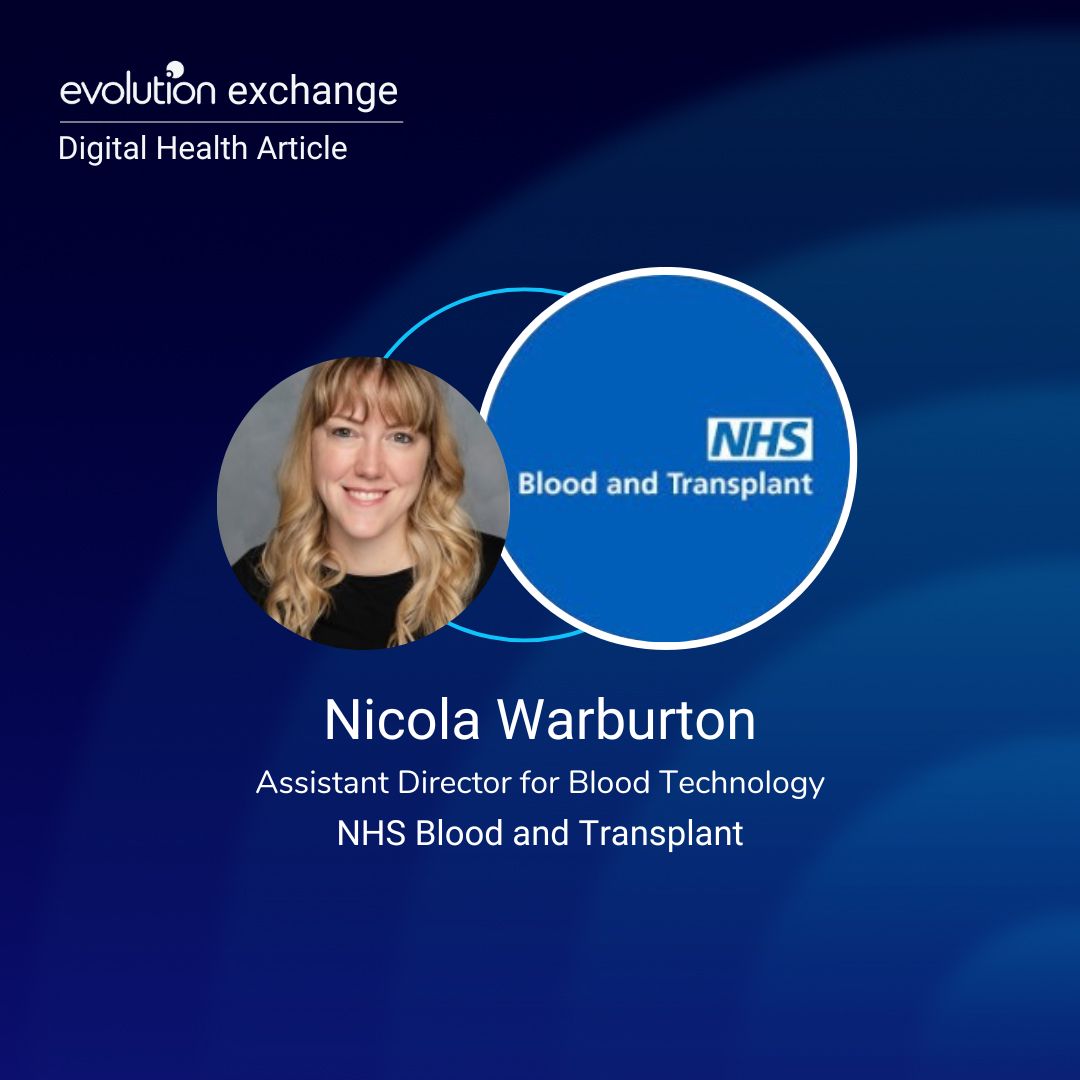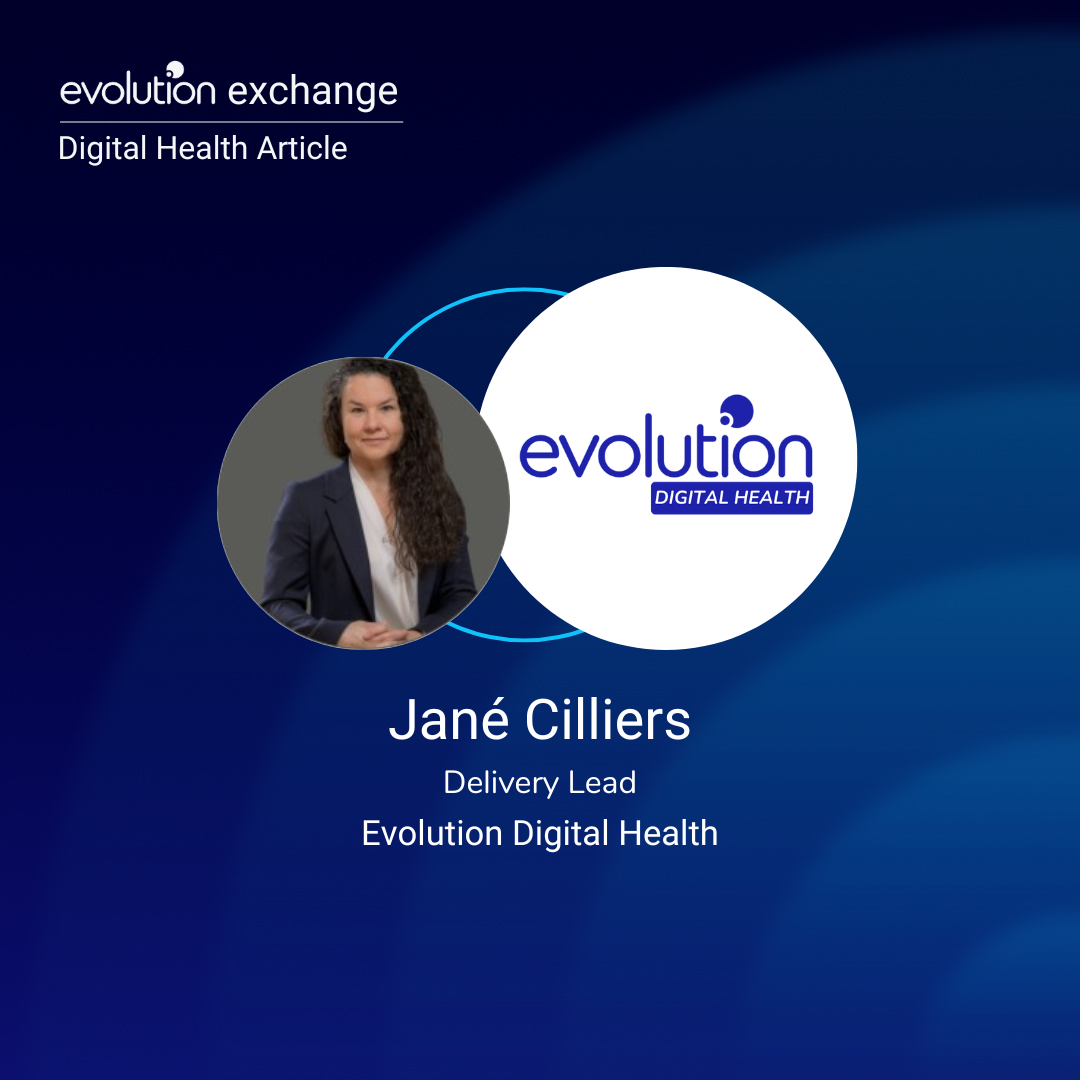The path to becoming a Chief Information Officer (CIO) is rarely a straightforward one, as evidenced by Stephen Dobson’s diverse career trajectory. From aspiring to be a veterinarian to landing a role as CIO at Lancashire Teaching Hospitals NHS Foundation Trust, Stephen’s journey has been marked by unexpected turns and a deep commitment to promoting inclusivity and allyship.
Early Career Aspirations and Unexpected Detours
Stephen’s initial ambition was to become a veterinarian, a dream he held firmly from a young age. “I remember a huge feeling of relief when I suddenly knew what i wanted to do at the age of 10, something I felt right up until I chose my A-levels,” he recalls. However, a conversation dissuaded him from pursuing veterinary medicine, leading him down an entirely different path.
Stephen shifted his focus to science, earning a degree and later a PhD in Neurobiology and gene expression. His postdoctoral work was less than enjoyable, and it was during this time that his wife’s career at Pfizer pharmaceutical company opened his eyes to the stark disparities between their professional trajectories. “She suddenly had far more opportunities than me, with more money and less effort ” Stephen recounts, prompting him to explore alternative paths.
The Accidental CIO
As both his PhD and Post doc were leading him further into computer science, he began dabbling in programming and data management, eventually securing a role as a data manager at Pfizer, which led to a position within the newly fledged pharmacogenomics group. This unexpected detour led to 10 years at Pfizer both in the UK and then several years in the USA. It paved the way for his transition into healthcare IT when he landed a CIO role at Wrightington, Wigan and Leigh NHS Foundation Trust in 2009.
“If I was the employer, there’s no way I would have hired somebody like me, with my experience, for a CIO role in an acute hospital,” Stephen admits candidly. However, the trust took a chance on him, initiating a 14-year journey as a CIO, which included stints at Greater Manchester, Lancashire Teaching Hospitals, Chairing the GM directors of IM&T and representing CIOs on the Provider Collaborative Board for Lancashire and South Cumbria Integrated Care System. Stephen has also spent 8 years as an Independent member of the Lancashire Police Audit and Ethics committee.
The Importance of Diverse Perspectives
Throughout his career, Stephen has been a staunch advocate for fostering diverse viewpoints and encouraging open dialogue. He draws inspiration from Francis Galton’s “wisdom of the crowds” theory, which posits that the collective judgement of a diverse group often outperforms even the most knowledgeable individuals.
“You need those outlying viewpoints to help regulate what the decisions are made in the centre,” Stephen explains. “Some of the worst people to have on your team are those who tell you what they think you want to hear.”
Embracing Allyship: Supporting Marginalised Groups
For Stephen, allyship is about providing support and advocating for marginalised and underrepresented groups. He cites the pandemic’s initial vaccine rollout as a poignant example of the challenges faced by disadvantaged communities.
“We were relying on a regional booking service but unfortunately, it wasn’t ready, and we found out […] we’re on our own,” he recounts. Stephen and his team resorted to cold-calling individuals, many of whom were care home workers from deprived areas. The process revealed heartbreaking stories of individuals desperate for the vaccine but lacking transportation or free time to get there.
Stephen’s experiences during the pandemic heightened his awareness of the profound health inequalities plaguing society. He cites the disproportionate outpatient wait times faced by individuals from deprived areas, often due to factors like lack of transportation, communication barriers, and inflexible work schedules.
“we’ve also seen evidence for non-admitted patients, where compared to affluent people, deprived people tend to visit A&E earlier in the morning or later at night, when waits are longer” he observes. “And why do we think that they come in at those hours? We don’t know, but perhaps partly because they can’t afford to take time away from work or family.
Overcoming Imposter Syndrome
Despite his accomplished career, Stephen acknowledges grappling with imposter syndrome, a feeling shared by many successful professionals. “I think it’s probably a good thing as well. I’d rather be that way than overconfident. It forces you to go out and study things and understand them and try and bring that back,” he reflects.
By openly discussing his experiences with imposter syndrome, Stephen hopes to destigmatise the phenomenon and encourage others to embrace their vulnerabilities, fostering an environment where diverse perspectives can thrive.
Stephen’s journey to becoming a CIO is a testament to the power of embracing unexpected opportunities and championing diverse viewpoints. Through his advocacy for allyship and his efforts to confront health inequalities, he exemplifies the profound impact that leaders can have in promoting inclusivity and amplifying marginalised voices. As the healthcare sector continues to evolve, leaders like Stephen serve as a reminder of the transformative potential of allyship and the value of embracing unique perspectives.










